Mohan Bikram Singh
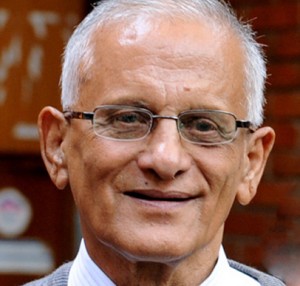 According to an Indian daily Newspaper, The Indian Express, 7 points proposal by government of India has been sent to the government of Nepal to make amendments in the Constitution of Nepal. According to the daily, the proposal was sent unofficially. The Indian Daily has published full text of the proposal. The summary of the proposal is as following –
According to an Indian daily Newspaper, The Indian Express, 7 points proposal by government of India has been sent to the government of Nepal to make amendments in the Constitution of Nepal. According to the daily, the proposal was sent unofficially. The Indian Daily has published full text of the proposal. The summary of the proposal is as following –
1. Five districts, Kanchanpur, Kailali, Jhapa, Morang and Shunshari should be included in neighboring Madhes Pardeshes (provinces).
2. The election constituencies should be formed on the basis of population.
3. The various groups should have right to participate in state structure on inclusive basis too.
4. The provision of the constitution to allow the right to hold the posts of the President, Prime Minister, Chief Justice, Chief Armed Force, Chief Minister of the provinces etc. only to the citizen by descent should be dispelled as it is “discriminatory to large number of Madhesies who have acquired citizenship by birth or naturalizations”.
5. The delineation of the constitutional constituencies should be in every 10 years
instead of 20 years as decided in the constitution.
6. In place of composing the upper house in the parliament by nominating 8 representatives from the each Province, the representatives should be nominated on the basis of the proposition of the population of the province.
7. Any foreign women marrying to the Nepali citizen should be given naturalized
citizenship without any conditions or delay.
In this context, Firstly, it should be clear that Nepal is a sovereign country and any power in the world has no right to dictate to make any changes in the constitution adopted by more than two third or 90% majority of the constitutional assembly (CA). The fact is that India is not suggesting only making amendments according to their line, but also applying blockade to compel the government of Nepal to make amendment in the constitutions.
India is aware of it that to interfere in the process of the constitution making of another country would be opposed worldwide. Considering upon such complication they have to put their proposal indirectly and in disguised way. After their move was exposed, they hurried to issue a clarification saying that they have never made any proposal to amend in the constitution of Nepal. But the reality is that they have been trying to bring the process of constitution making according to their line since the 16-points understanding of four parties was released. The senior leaders of prominent parties were called to Delhi to pressure them to change their concepts of constitution making. Indian ambassador to Nepal visited door to door of many senior Nepali leaders and tried to convince them to change their concepts concerning of the constitution according to the suggestions given by India. Even after constitution was adopted by the CA on 16 Sep. 2015, the foreign secretary of India made frequent trips to Nepal to make the leaders of the prominent parties and government to make change many provisions of the constitutions and postpone even the date of the issuing of the constitution. But their suggestion was turned down by the major parties or government of Nepal and the constitution was signed by the President and issued officially on 20 Sep. 2015. But even after that they did not stop the effort to pressure upon the government of Nepal to convince them to change the provisions of the constitution according to their suggestions. It was in such a background that the 7 points proposal was put forth and they did not lag behind even to apply economy blockade although in disguised ways.
All the facts mentioned above make it crystal clear that attempt to refute the 7 points proposal was only a face saving. The 7 points proposal is a part of the long term expansion policy of India towards Nepal. India has been boosting many organizations, which we call Madhesbadis, to work for Indian expansion objectives. The amendments that India wants to add in the constitution are being raised by Madhesbadis and are organizing moment in Tarai to press on those amendments. In this paper, we shall not elaborate all the 7 points put forth by the Indian government, but shall confine our self deal with only some of major ones.
There are two opinions in Nepal on the questions of how the provinces should be formed. The Madhesbadis have been taking the positions that a single province should be formed consisting of all of the districts of Tarai and Inner Tarai too with the right of self-determination. In this regard their main slogan has been put forth as: “One Madhes One Pardesh”. Now they seem to accept even two provinces in Tarai, but with the condition that all of those should be separated from the Hilly area and having the right of self-determination. Needless to mention, the demand of separate provinces for Tarai is guided by the long-term objective of making Tarai independent from Nepal and in the last to make it a part of Indian Union. But most political parties of Nepal have been emphasizing on making provinces joining the areas of Hill and Tarai from North to South. In the constitution adopted by CA all the five districts mentioned in 7 points proposal are parts of various provinces which are formed consisting of both Hilly and Tarai areas. The Madhesbadis want all the land of Tarai to be cut off from the Hilly area and to be joined with neighboring Madhes area. So, it is obvious that the suggestion made by India is guided by their long-term strategy to succeed Tarai from Nepal and make that independent or part of India. The Madhesbadis are working to actualize the expansionist line of India.
The policy of making Tarai separate province is guided by another strategic objective concerned with water projects of India. All rivers of Nepal flow from Himalaya or Hilly area to Tarai. The control of India in Tarai through the Madhesbadis will provide them opportunity to capture the main water resources of Nepal and to use those to fulfill the water projects of theirs. In the new constitution the three districts of Far East Nepal, Jhapa, Morang and Sunsari and two districts of Far West Nepal, Kanchanpur and Kailali are kept in the provinces made of both Hilly and Tarai area. Such a construction of the provinces is against water strategy of India. That is why they are giving so much importance to make all the five districts of Far East and Far West Nepal to include into neighboring Madhes or Tharuhat Pradeshes.
It is generally practiced rule all over the world that while making election constituencies geography, population and other characteristics also are taken into consideration. Even in India the election constituencies are formed taking into consideration all these factors. The constituencies of remote Himalaya and Hilly area in India are composed of very small population, while those in the large populated area made of many times more population. But in the context of Nepal, both India and Madhesbadis are emphasizing to make constituencies on the basis of population only. Why India is adopting such a double standard policy in context of Nepal and India? In this article we shall try to answer that question.
In Nepal, the population in Himalayan or Hilly area is thin, while that is thick in Terai. So according to Madhesbadis, if the constituencies are formed on the basis of population, the members of the parliament elected from the Tarai would be in large number to make majority in the parliament which will facilitate them to make decisions to fulfill the expansionist objectives of India and ultimately to make Nepal a second edition of Sikkim.
In the Interim Constitution of Nepal it was written: “election constituencies will be based on population, geography and other special characteristics.” But later under the pressure of India and Madhesbadis it was amended as: “In the case of Madhesh the constituencies would be formed on the percentage of population”. As it is correctly put in the 7 points proposal, the phrase to make election constituencies on the basis of population of the Interim Constitution has been “omitted” in the new constitution. India wants the provision of Interim Constitution to be “re-introduced” in the constitution. In the proposal it is claimed that “over 50 % population live in Tarai” and, so, they deserve right to have over 50% parliamentary seats in Tarai. Now Madhesbadis are demanding that out of the 165 constituencies of Nepal, 83 should be allotted to Tarai leaving 82 to Hilly area. So, it is evident their demand to demarcate constituencies on the basis of population is guided by the aim of to have majority in the parliament and to bring whole of Nepal into their domination.
They claim that over 50% populations is in Tarai. But the reality is not as it seems outwardly. The fact is that the population of Tarai consists not only of Madhesis, but two-third of the population of Tarai is composed of Non-Madhesis people of whom a large number of people are immigrants from Hilly area. Another important community living in Tarai is that of Tharu. They oppose calling them Madhesh. They claim that they are living in Tarai from ancient times while Madhesis had immigrated recently to Nepal from India. In fact Nepal is country having mixed settlement. So, as it is so in context of whole of Nepal, in Tarai also people of various communities live together the Madhesis being only a small community out of the whole population of Tarai. So, the 50% population of Tarai should not be taken at the face value, but should be understood taking all aspects of that analytically.
The 7 points proposal lays stress on it that all the persons who have become citizens of Nepal by birth or naturalization also should have right of to hold the posts of President, Prime Minister, Chief Justice, Chief of Armed Force, Chief Minister of the provinces etc. It is worth mentions here that most of the leaders of Madhesbadis are emigrated from India and are naturalized citizens of Nepal. So, they foresee it that the door for them would always be closed to hold higher posts of the country or even to become Chief Minister of the provinces even that of the Madhes province if the provision of the constitution is not amended to open the door for the naturalized citizens. In other words, as long as the provision of the present constitution of limiting the opportunity to the citizen of descent exists, they will not have chance to become Mahendra Singh Chaudhary.
A few years before, under the pressure of India or Madhesbadis a law was enacted in Nepal which allowed any person to become citizen of Nepal on the basis of birth. To prove that any person was born in Nepal one was not required to submit any birth certificate or any other valid proof, but it was sufficient if only three witnesses endorsed that he was born in Nepal. Taking benefit of that loopholes of the citizen act, hundreds of thousands Indian citizens became citizens of Nepal. Now, India emphasizes on it that all persons who have acquired citizenship on the basis of birth also should have right to hold the higher posts of the country.
About a mount before, an Indian magazine, The India Today, had published a speech given by Indian Home Minister, Rajnath Singh in a public meeting held somewhere in Uttar Pradesh. In his speech, he had expressed the view that out of about ten millions Indian people who had migrated to Nepal only about 50% had achieved citizenship right in Nepal, while other about 50% had are still to gain that. The news of the statement of the Rajnath Singh also was refuted by Indian embassy in Nepal saying that the news of the India Today was baseless. But the refutation on the part of Indian Embassy cannot falsify the reality.
From the view the Indian Home Minister has expressed in his speech, it become obvious that, they think that all Indian immigrants possess right to become citizens of Nepal. The Home Minister in his speech has expressed his dissatisfaction for it that about 50% of Indians are still been deprived from the citizenship right in Nepal. Because of open border between Nepal and India, millions of Indian enters into Nepal without any passport, visa or restriction of any kind. The Madhesbadis organizations claim that all Indian entering into Nepal are Nepalese and, so they should be given citizenship. Even after millions of them get citizenship right by various ways it is claimed that more people are still to gain citizenship right. Because of the vast India population and open border between both of countries, the flow of Indian people to Nepal will never come to end. If such unrestricted flow and liberal type of providing citizenship right to them is not checked, the population of Indian people will be many times more than that of Nepal and that will turn Nepal into 2nd Fiji. So, the problem of citizenship has posed a serious danger for sovereignty of Nepal.
The proposal put forth by Indian government stresses on it that all the foreign women marring with Nepali citizens should be given naturalized citizenship after marriage without any conditions and without delay. Constitution of Nepal states that foreign women marrying with Nepali citizens will get naturalized citizenship after fulfilling the conditions laid by the “federal” law. The proposal suggests that such a provision of the constitution should be amended to allow all women marring with the Nepali citizen to be given naturalized citizenship without any condition.
Here, the proposal raises the question of only of foreign women marrying with Nepal citizens. But after the draft of the constitution was presented in the CA the debate was centered on other two points. Firstly, according to the provision of the draft constitution, a child born of both mother and father having Nepali citizenship will get citizenship of descent. But later, the provision was amended. According to the amendment; any child having either mother or father citizenship of Nepal can acquire citizenship of descent from Nepal. It clearly meant that children of all foreign males marrying a Nepali girl would acquire the citizenship of descent. Such an amendment was made under the pressure of India, Madhesbadis numerous NGOs, INGOs or feminist organizations that collaborated with them. It is because of such an amendment added in the new constitution that this aspect is not raised now by India or Madhesbadis. It is obvious that such a provision of the constitution will open door to the children foreign people living in various parts of the world in general and those of India to become citizen of descent of Nepal. How much serious impact such a provision of the constitution will have on the nationality, sovereignty and integrity of Nepal? Even a person having elementary knowledge of politics can guess it.
As it has been mentioned before, India has been using various methods to bring into domination whole of Nepal. Firstly, the amendment to make constituencies on the basis of population and secondly, the continuous emphasis liberalize citizenship law are part of the expansionist grand design of India to bring whole of Nepal into its domination. According to the first amendment on the ground that the Tarai has more than 50% population they emphasis to have majority constituencies in Tarai which will provide them majority in parliament. The second amendment is guided by the aim of making majority of the Indian people in the whole of the country. Even before the present draft constitution or constitutional bills were presented in the CA many rules of such nature were issued by various governments. However, while drafting the constitution the law makers tried their best although in limited extent to protect national interests of country from such loopholes. It was because of such an intention of them that, firstly, the proposal in the constitution was included to provide citizenship of descent to children born of having both mother and father Nepali citizenship. But because of the pressure from both inside and outside they had to give up the stand. Secondly, in spite of heavy pressure from India and Madhesbadis, the constitution contained the provision to make election constituencies taking into consideration both geography and population. Now, the pressure of India and the movement of Tarai including economic blockade is upon them. India has not declared blockade formally. Both India and Madhesbadis are doing their best to apply it effectively.
In spite of it that the leaders of major political parties or the government have taken stand against to pressure of India in the courses of constitution making, now it seems, some of them are indicating directly or indirectly that they would agree to amend the constitution according to the demands of an Madhesbadis. In other words they are showing the signs of surrendering before India of Madhesbadis in one or another way.
Needless to mention, it is the provisions of constitution are amended according to demands of Madhesbadis or suggestions of India, it will have very devastating impact in the nationality of the country. However, any such amendment is not officially presented to the parliament It will be known in a few coming days if the major parties or government will make such surrender or not.
We have many differences with the constitution. We fundamentally differ with the concepts of federalism and with many others concepts of that. It is certain that it will lead country to racial and regional conflict or national disintegration. We are also convinced of is that it will not solve the basic problems of the people and the country. It will hamper the economic development and welfare of the people. But considering upon the present historical context it should be taken as a great historical achievements the republic being prominent one. People of Nepal have been struggling against various type of despotic rule, absolute monarchy or retrogression for about one century and for constitutional assembly 65 years. So the democratic system or republic established in the country should be taken as progressive ones. So reserving our right to struggle on the questions we differ with the constitutions, the democratic system of republic established in the country, to bring radical changes in the country and to achieve the greater goals of the revolutionary.
Mohan Bikram Singh is General Secretary of NCP (Mashal)









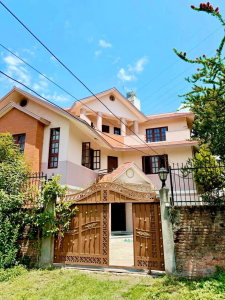
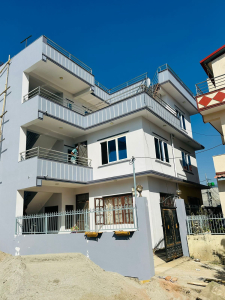
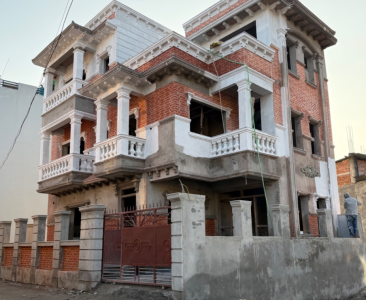
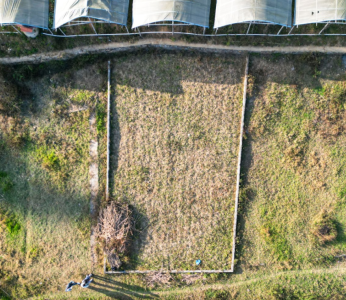

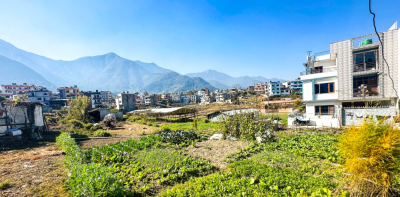
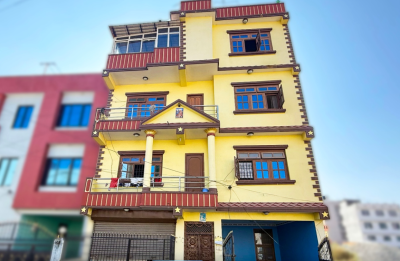
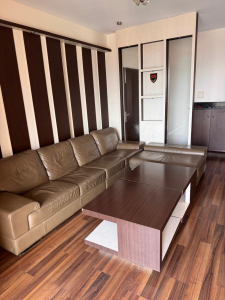
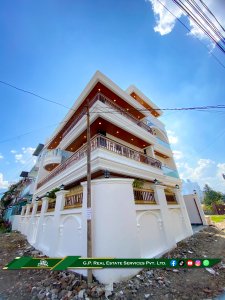

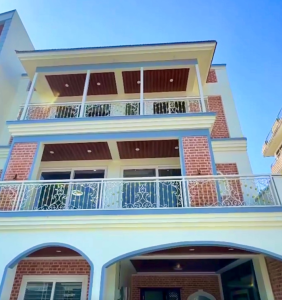
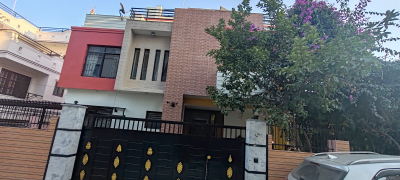
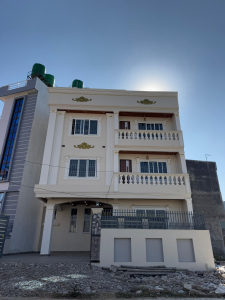

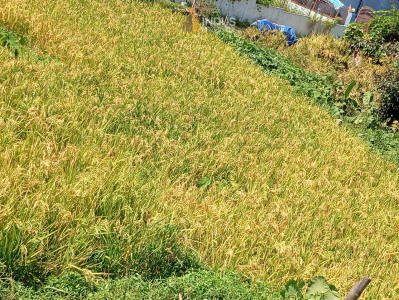


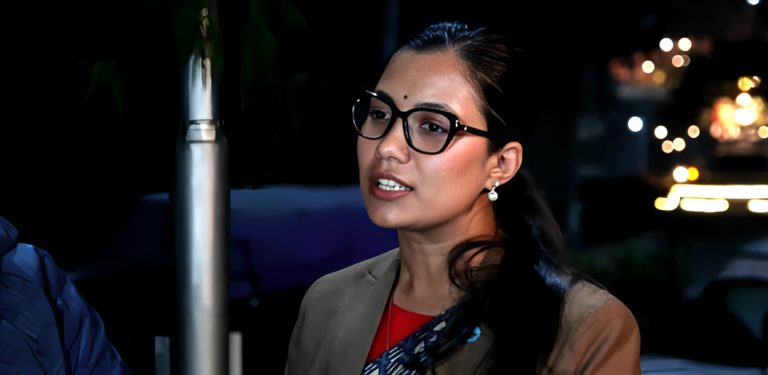
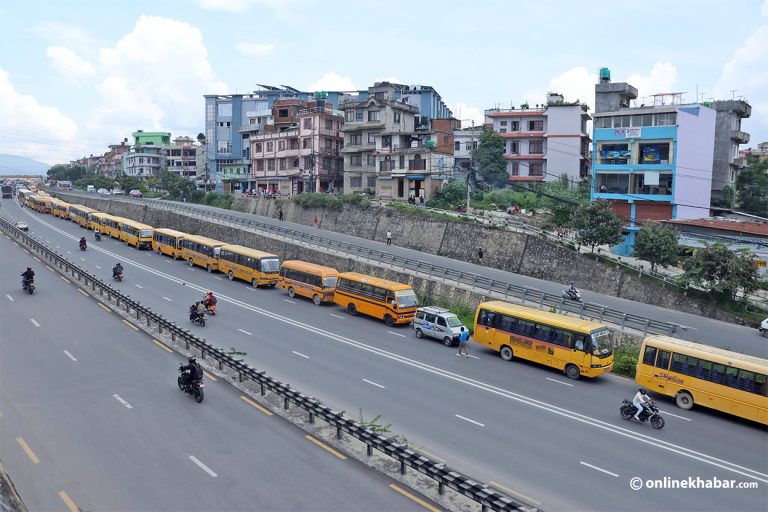
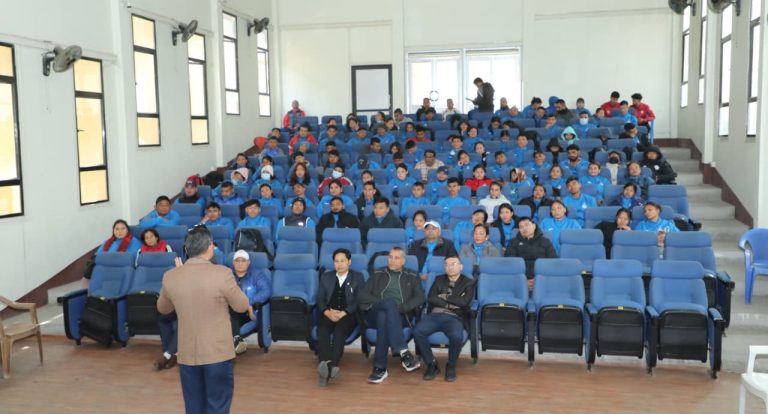
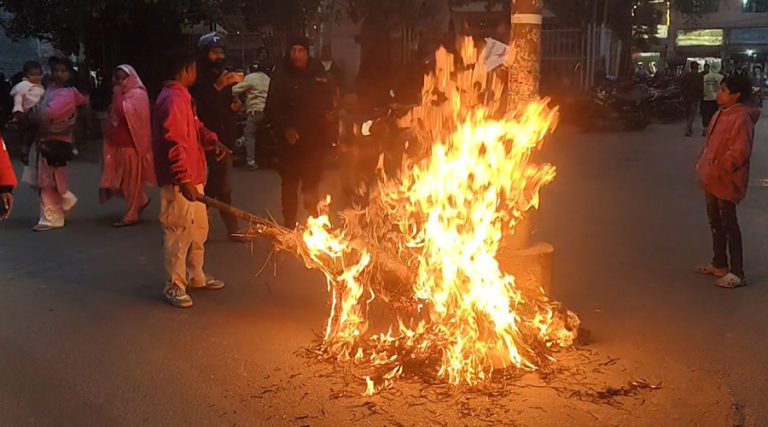
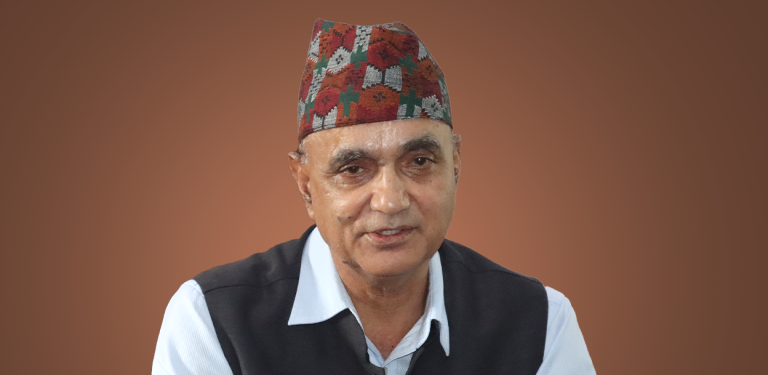
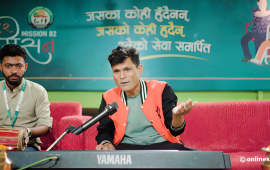
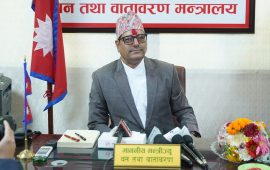
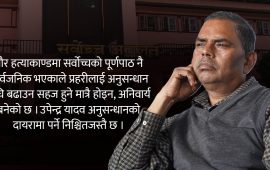

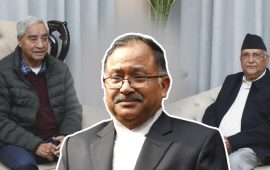
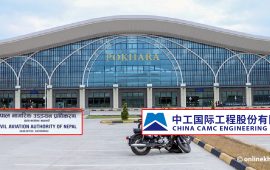
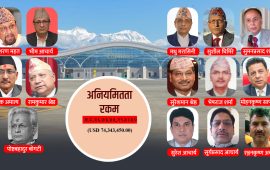


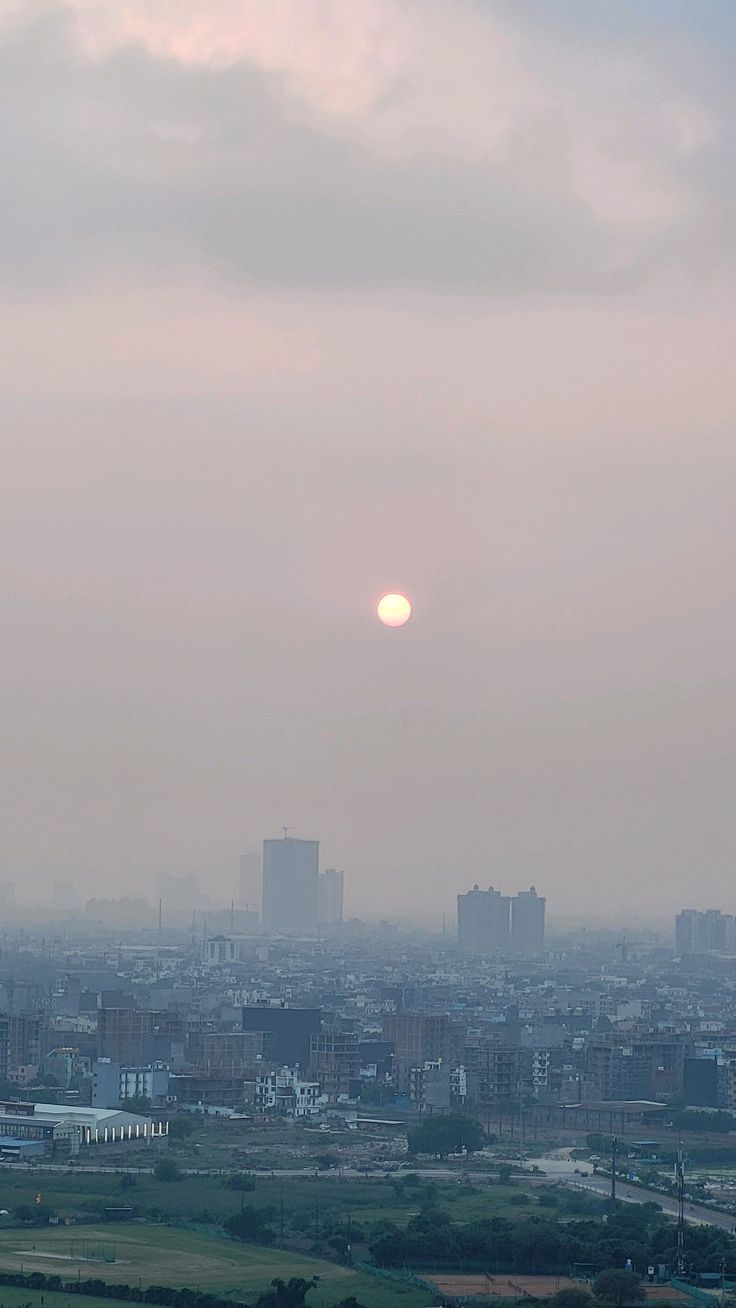




प्रतिक्रिया 4